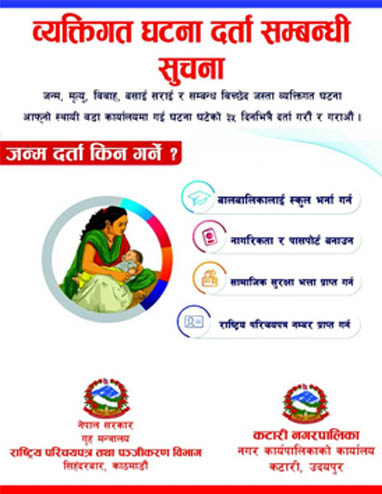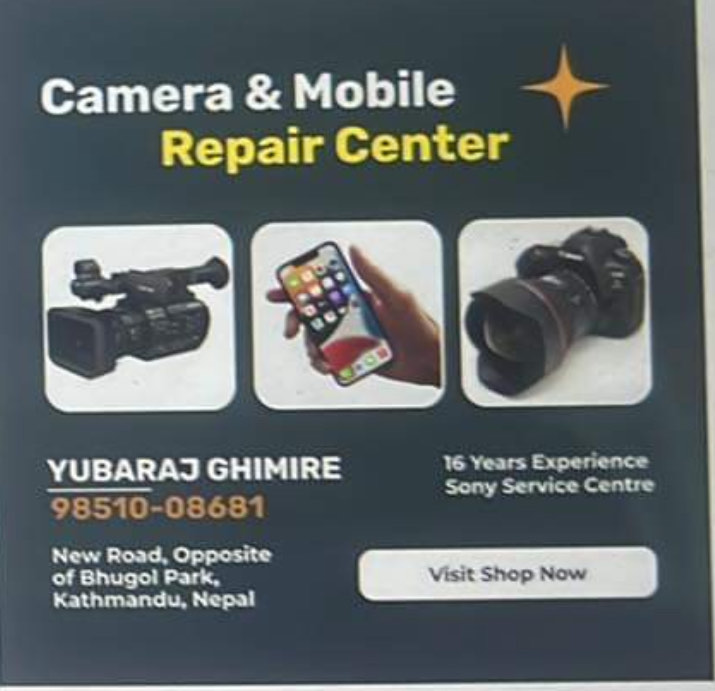Corruption a Lethal problem in Developing Countries
Corruption a Lethal problem in Developing Countries

Crime and Corruption a lethal problem in modern societies, the above bar chart indicates the problems cited by the public in emerging and developing countries. 83% of people across 34 emerging and developing countries (economies) say crime is a very big problem in their country and 76% say the same about corrupt political leaders. Many others also worry about other sorts of problems such as Food Safety, Air pollution, Water pollution, Poor schools. Below 50% Electricity shortages and Health care has been seen problem which is less pressing issues.
People in Latin America, Africa, Asia, and the Middle East all see crime and corruption as the greatest problems in their countries, according to the Pew Research Center survey. Moreover, crime and corruption, as well as schools with poor quality education, are considered growing problems in these emerging and developing countries.
In aspect, of Asian countries under any political leader crime and corruption has proportional hit hard to the development factor of the country.
Nepal is considered as a country where the status of good governance is not satisfactory. In 2008, Transparency International place Nepal in 121st place with 2.7 Corruption Perception Index (CPI). The criminal justice system has a lot of flaws and it is not sufficient enough to determine crime in the country. Many corrupt activities are out of the purview of the judicial system. The success rate of the corruption cases is quite low and 60 percent of the corrupt activities are out of the scope of the law and among the cases registered in the courts, around 60 percent results in a conviction. Further, the criminal justice system is heavily affected by the delay. Although Nepal has attempted to improve law and practice regarding corruption control for a long time, results are not satisfactory. So, a search for improvement in law and practices to warfare corruption is still going on.
Corruption impacts everyone, especially poor people in villages.

There is hardly anyone in Nepal who is not affected by corruption and crime. Here are seven facts on how corruption impacts firms in Nepal based on World Bank data. These data were collected in 2013 latest data available for Nepal.
More than 1 in 10 transactions involve a bribe.
Almost half of the firms identify corruption as a major constraint.
Almost 2 in 5 firms are expected to give “gifts” to get an import license.
Almost 1 in 5 firms are expected to give “gifts” to get an operating license.
Almost 1 in 5 firms are expected to give “gifts” to get a construction permit.
3 in 5 firms are expected to give “gifts” to secure government contracts.
Corruption Risks in Nepal
The national integrity system assessment shows the vulnerability of key institutions due to political uncertainty, the absence of a legislature, and a worrying gap between law and practice.
Strong political interference across institutions has created such as:
political parties excessive influence is undermining the executive, judiciary anti-corruption agencies, and civil servants. This hinders efforts to build a culture of transparency and integrity in the country. The absence of a legislature for almost two years has allowed governance and mechanisms to checks and balances across sectors and institutions to deteriorate. Political parties’ use of the executive as a tool to fulfill adherent interests has resulted in their failure to hold the executive accountable for its actions.


What Needs to Change?
Governing and opposition political parties must honor the principle of an independent judiciary and not pursue a policy of power-sharing in appointments.This will strengthen the capacity of watchdog bodies, allowing them to perform their role in monitoring government more effectively. The public sector and civil society need to enhance internal governance structures and ensure uniformity of codes of conduct. This will reduce their vulnerability to political influence, which will give them greater independence to play their part.

One of the biggest corruption cases in Nepal’s history was on July 16th the Commission for the Investigation of Abuse of Authority (CIAA) filed cases against three members of the Tax Settlement Commission (TSC) at the Special Court on the charge of embezzling Rs 10.02 billion.
“Government leaders routinely speak out against corruption. Political parties represented in the Constituent Assembly have publicly pledged to actively root it out and the government of Nepal is committed to combatting corruption, yet abuses of power for private gain are on the rise and impunity is widespread” by Transparency International Nepal

writer- Prasanna Jung Karki








